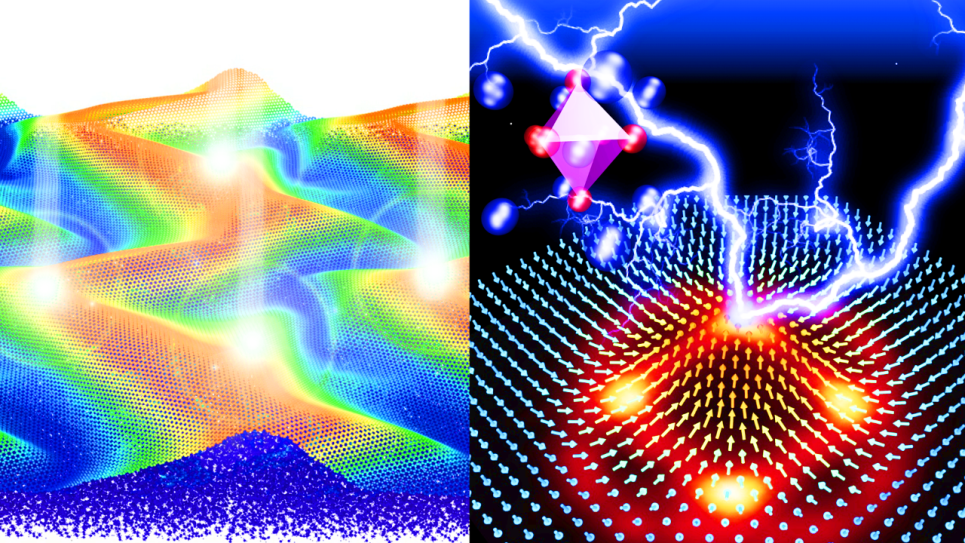
Electronic Stopping in Condensed Matter under Ion Irradiation
Electronic stopping describes the transfer of kinetic energy from a highly energetic ion to electrons in condensed matter. This process induces massive electronic excitations in the target material through interaction with the charged particle’s electric field. Understanding this phenomenon in condensed matter systems contributes important knowledge with implications in various modern technologies.
The team has developed a predictive computational framework to accurately calculate the electronic stopping power for a range of condensed matter systems. This project will use an extended version of this framework to investigate intricate details of electronic excitation dynamics under ion irradiations.
For this work, the team will employ their highly scalable implementation of real-time time-dependent density functional theory, optimized for Mira, and with new numerical integrators added. The team aims to study (1) Secondary electron emission from aluminum and graphite due to radiation; and (2) Electronic excitations in water and DNA under irradiation of alpha-particles and carbon ions.
One application of this work concerns ion beam cancer therapies, where energetic ions are used to induce irreparable DNA damage in targeted cancer cells. Further progress requires a molecular-level understanding of electronic stopping in liquid water and in DNA under ion irradiations. These INCITE simulations will reveal molecular-level differences in the electronic excitations between proton radiation and that of other ions, allowing more informed decisions for designing future ion beam therapy facilities.
